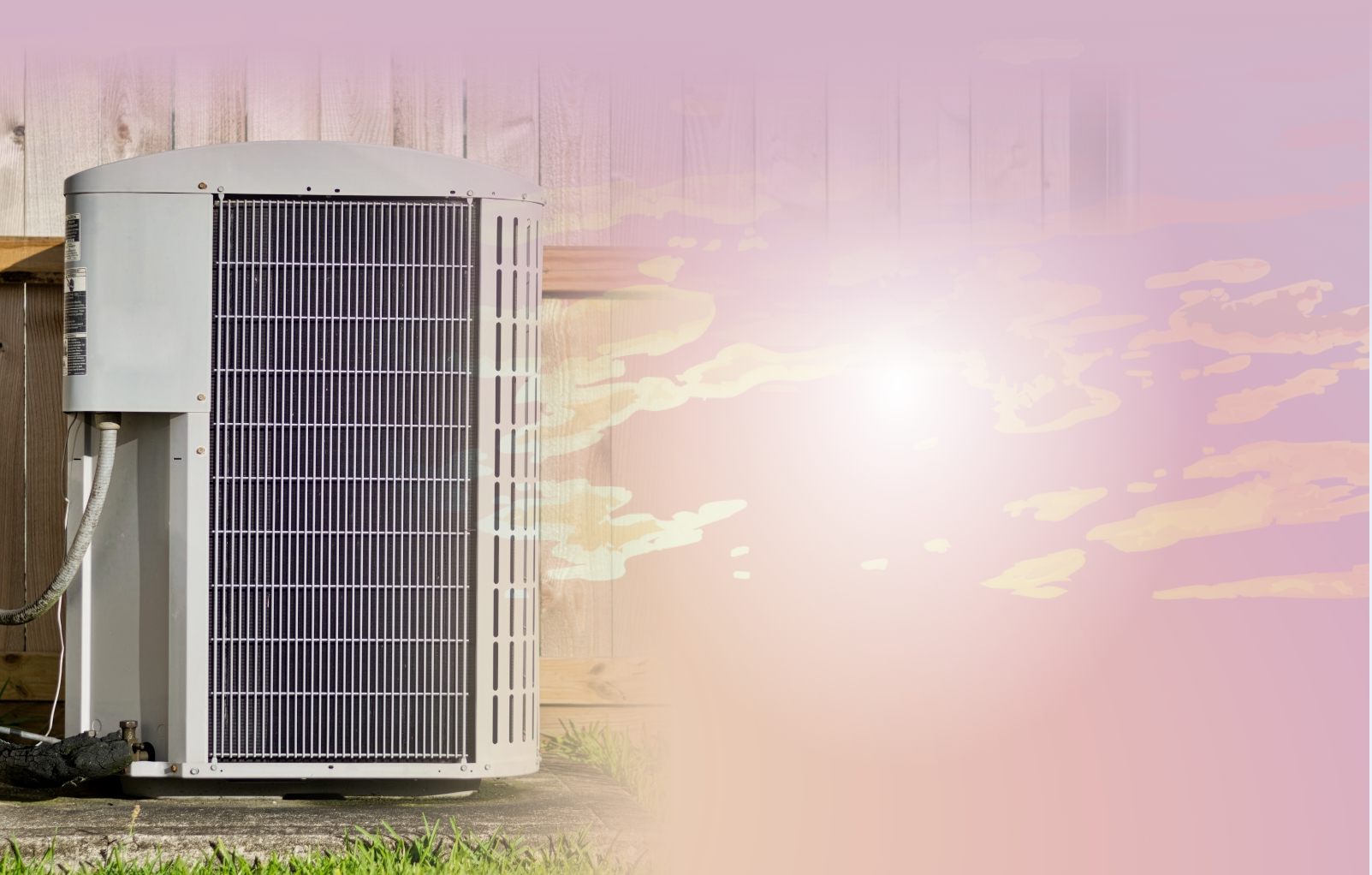You’ve probably walked down enough city streets to know that it’s normal for some water to leak from an AC. After all, most window units drip water onto the sidewalks below. But, in your own home, it can be hard to tell when a leak is something to worry about. Find out when you should call a Moore heating and air conditioning about your water leak.
The Normal Cause of Water Leaks
Even if your AC is in perfect working order, it could leak water. This is because of condensation. To better understand why your AC leaks, think about a glass of water on a warm day outside. If you put ice in your water, the glass probably feels wet and leaves droplets on the table or your hand. Known as condensation, the droplets form because hot air has more moisture than cold air.
As your AC pulls in warm air from your home, the air travels over cd evaporator coils. The process causes condensation, which you see as water dripping off the AC. It drips into a condensate pan and travels down a drain.
In a fully functional AC, you only see the water in the condensate pan. There should be no water leaking from anywhere else in the system. If you see water anywhere else, you need air conditioning repair.
Why is Your AC Leaking?
Any other leaks are trouble. Typically, one of the following situations are the cause of your leaking AC:
Frozen Evaporator Coil
The evaporator coil is where refrigerant travels and pulls out the heat from the air inside your home. The air travels from the evaporator coil to the condenser coil, which is located outside.
If your coil is dirty, it won’t allow for the right amount of heat transfer. The heat exchange that’s so essential to your AC won’t occur, and your evaporator coil will become too cold. When it gets cold enough, your coil will form ice. The melting ice leaves a trail of water, which is why you might notice your AC leaking.
As soon as you notice this issue, turn off your AC. Place a towel under the leaking water, or the water could do damage to your home. Then, call in a professional and explain what you saw.
Clogged Drain Line
As your AC removes humidity from the air in your home, the moisture needs to go somewhere. It travels to the drain line, which then moves the water into a safe outdoor location. But if your drain lines aren’t clear, the water remains in your unit. The only place for the water to go is onto your floor.
To check if you have a clogged drain line, look into your drain pan. If it’s full, you have a clog in your line. You can try to clear the pipes with a solution of bleach and water, but this may not work. For the best results, call an expert to come and clear your line. They will use a special vacuum to suck out any blockages in your pipe.
Rusty Drain Pan
If you have an old AC, you could have a rusty drain pan. The water that flows into the pan can flow into the drain line, but some of it will also flow onto your floor. Typically, this only happens in air conditioners that are at least ten years old.
To check for rust, peek into or under your drain pan. Can you tell where the water is coming from or see rust? If so, you should replace the pan. This is an easy, cheap fix to your leak. Although there are no major issues with your AC, you should know that trouble could become. As your AC gets older, it’s more likely to have problems.
Low Refrigerant
There are two common reasons for frozen evaporator coils – dirty coils and low refrigerant. If your system doesn’t have enough refrigerant, the coils won’t pill enough heat from the inside air. The evaporator coil will be too cold, and ice will form.
In a functional AC, the refrigerant remains at the same level. An air conditioner doesn’t use up refrigerant; it simply cycles the refrigerant through a closed system. But the refrigerant is under intense pressure. Over time, the pressure wears down the lines and could cause a leak.
An HVAC technician can check your system for a leak and repair it if necessary. To make your air conditioner fully functional, they can add more refrigerants. Just be aware that some cooling systems use Freon. The refrigerant is no longer manufactured and is extremely expensive to replace.
Avoid AC Leaks
You probably don’t ever want to experience an AC leak, because it means you need an air conditioner repair. Fortunately, there are a few things you can do to keep your AC from failing you.
For one, you can change out your filters frequently. As a general rule, change them out once every three months. You should also check your exterior unit for debris and make sure nothing can puncture your refrigerant lines.
Perhaps the best way to avoid AC leaks is to receive regular maintenance of your air conditioner. Most HVAC companies offer maintenance plans designed to prevent problems. Rather than deal with a leak, you can hire a professional to perform maintenance every six months.
During routine maintenance, a professional checks your system for problems. They look at your refrigerant level, check your evaporator coil, and go through a long checklist. If your system needs anything to perform better, your HVAC technician is there to help. In the end, your maintenance can save you money and prevent you from a system failure. You deserve an AC that gets the job done well.
Call Us for Moore Heating and Air Conditioning Help
Do you need regular HVAC maintenance in Moore or have a leak in your system? Here at Home Comfort Solutions, our team is ready to help. You can trust us to care for your AC and your household. To learn more about your Moore heating and air conditioning specialists, call us now.







